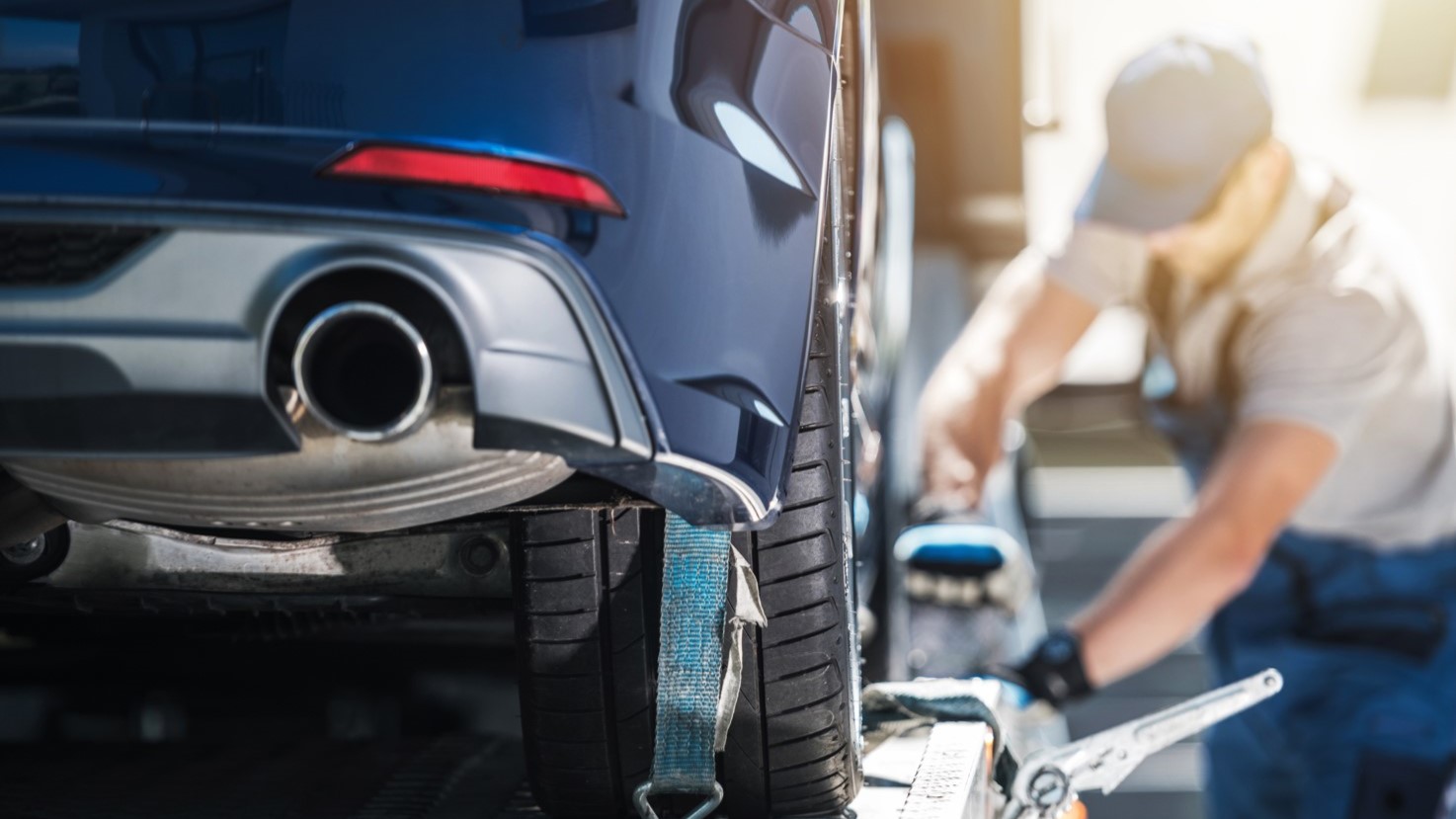GadgetWheels
How to explain car trouble to the techie
You don’t have to be a techie to explain what is happening to a faulty vehicle, writes JARROD BERMAN, MD of motor management solutions company MotorHappy.
If you’re experiencing a problem with your car, the motor technician will need as much information as possible to properly diagnose and repair the problem.
You don’t have to diagnose the problem yourself, but no one knows your vehicle better than you do, so it’s important to know how to clearly communicate car troubles you’re experiencing.
The mechanic will want to know when you first noticed the issue, as well as how often the problem occurs.
and car insurance options. Show your vehicle technician the service history and let them know of any other major problems your car has had in the past.
It’s helpful to use the senses of sight, sound, smell, and touch to explain the problem:
- Describe the problem visually. For example, is there any exhaust smoke and if so, what colour is the smoke?
- Some descriptive words to consider include knocking, clucking, squealing, grinding, thumping, clicking, and rattling.
- Did you notice any weird odours? Some odours that could be problematic include burning rubber, fumes, sweet pungent, and rotten eggs.
- What does the problem feel like? There might be sluggish acceleration, excessive vibration, and difficulty igniting.
It helps to explain the problem in simple language, however, sometimes it is necessary to add technical terms to your description so that the mechanic would understand it better. Some of the common terms you can use are:
- Wander: The car drifts on either side
- Surge: Unexpected change in engine’s speed
- Stall: Engine stumbling
- Rough idle: Strong vibrations in the car when it is not in motion
- Fast idle: The engine working faster than usual
- Ride: Motion of car on uneven lands
- Pull: Car drifting on the application of brakes or accelerator
- Misfire: Delay in functioning when the engine is not getting fuel properly
- Backfire: The engine sounds like a gunshot
- Knocking: Fast rattling when the car moves
- Hesitation: Delay in the operation when the car accelerates
- Handling: Car’s performance on the curves
- Bucking: Unsteady movements of the car when switching gears
- Brake grab: Excessive and abrupt reaction of brakes
- Brake fade: Brakes require more pressure than normal
- Brake drag: Brake pads not coming back on their position after application
Cars need regular maintenance to help keep them in good working order. When you service your car regularly, potential problems can be identified and repaired before they become major problems. This is because if one car part fails, it could impact how the whole car runs.
Regularly servicing your vehicle has several positive implications, including improving the lifespan and resale value of the car in keeping important safety components such as cooling systems, brakes, tyres, and suspension working smoothly. Ultimately, it saves you money in the long run because minor issues are addressed before they become major issues.

















